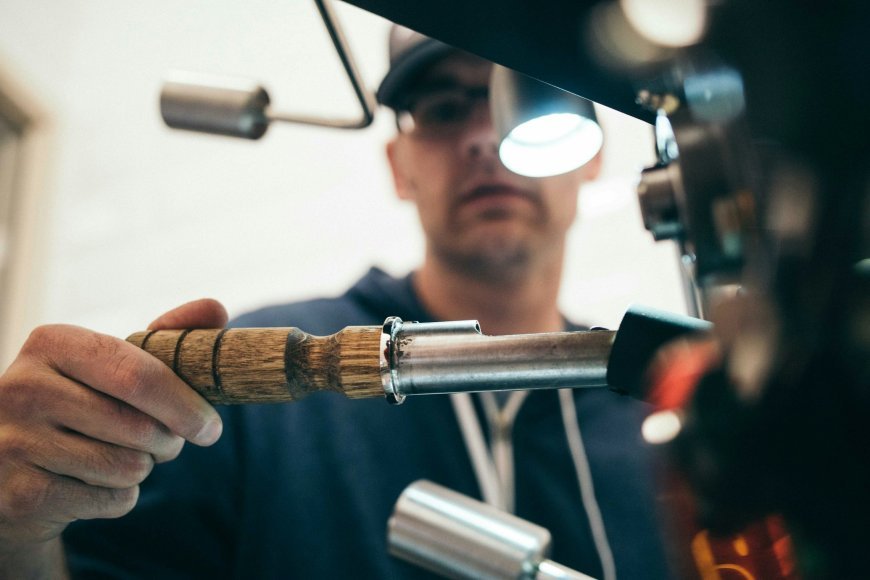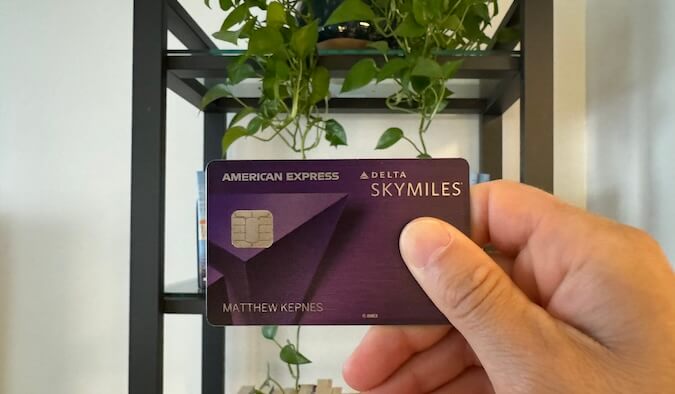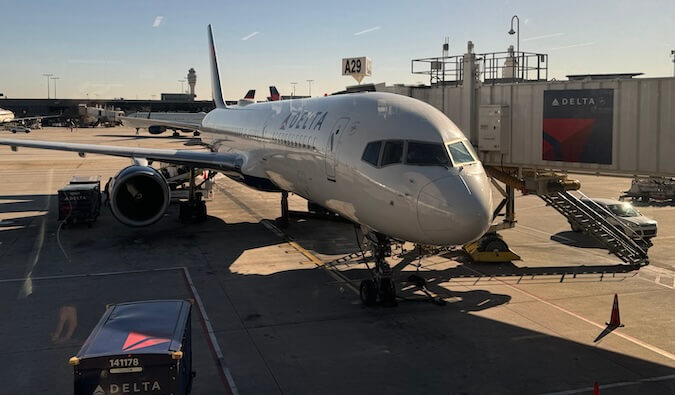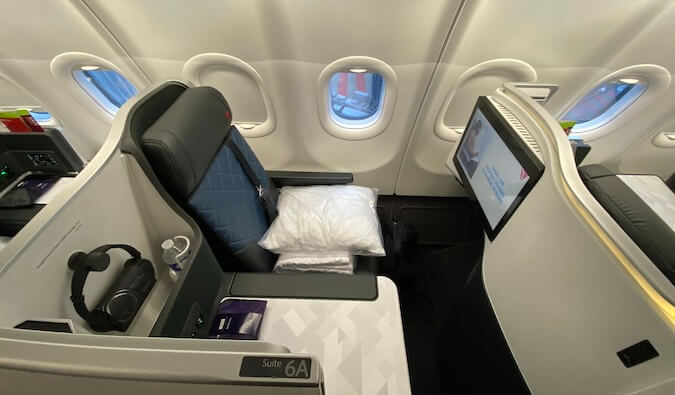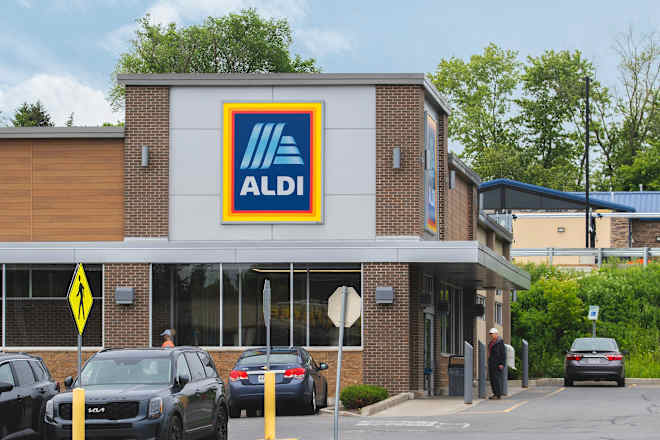Waymo Secures NYC Permit for Self-Driving Taxis!


In a significant milestone for autonomous transportation, Waymo has successfully secured the first pilot permit to operate its self-driving vehicles in the bustling streets of New York City. This approval marks a pivotal moment for the ride-share company, which is now poised to navigate one of the most challenging urban landscapes in the world.
Waymo's permit allows it to deploy a fleet of eight Jaguar I-Pace SUVs across Manhattan and Downtown Brooklyn, with testing set to commence immediately and run through late September. While these vehicles will be occupied by a safety operator who will keep their hands on the wheel and maintain control, this development signals a new era of autonomous vehicle testing in a city known for its chaotic traffic and unique driving challenges.
Among the many players in the autonomous vehicle market, Waymo stands out as a trailblazer. The company has long been at the forefront of self-driving technology, with established operations already in major cities like San Francisco, Austin, Phoenix, and Los Angeles. The recent approval in New York City adds another significant location to its repertoire and intensifies the competition among autonomous vehicle companies, particularly as others—including Tesla—eye the lucrative urban ride-share market.
While Tesla has been aggressively pursuing its own robotaxi ambitions, including testing in various metropolitan areas, it has not yet applied for permits to operate in New York City. This lack of authorization raises questions about the future of Tesla's self-driving endeavors in such a highly regulated environment. Waymo's careful navigation of the city's strict taxi and limousine licensing requirements illustrates the challenges that autonomous vehicle companies face as they strive to balance innovation with regulatory compliance.
To gain approval, Waymo had to present comprehensive plans to the city's Department of Transportation and emergency services system, demonstrating its commitment to safety and operational oversight. The requirement for a safety operator in each vehicle underscores the cautious approach both the city and the company are taking during this initial testing phase. It reflects a broader concern for public safety as autonomous vehicles begin to intermingle with traditional traffic.
Waymo's recent announcement of a planned robotaxi launch in Dallas by 2026 further showcases its ambition to expand its footprint in the autonomous vehicle market. This announcement comes on the heels of Tesla's recent foray into robotaxi services, which has been met with a mix of skepticism and enthusiasm from industry observers. While Tesla's deployment has been characterized as somewhat tongue-in-cheek, Waymo's approach has been methodical and focused on building a reliable, fully autonomous service.
As cities around the world grapple with issues of congestion, pollution, and the need for efficient transportation solutions, the role of autonomous vehicles becomes increasingly significant. Cities like San Francisco and Austin have already begun to see the benefits of reduced traffic and improved accessibility through pilot programs, but the path to widespread adoption remains complex.
Waymo's entry into New York City will undoubtedly serve as a litmus test for the future of autonomous vehicles in urban environments. The city's unique challenges, including heavy traffic, diverse driving styles, and a complex network of pedestrians and cyclists, will provide invaluable data that could inform the development of safer and more effective self-driving technologies.
The competition in the autonomous vehicle space is heating up, with multiple companies vying for a stake in the rapidly evolving market. With Waymo leading the charge in New York City, it will be interesting to see how other players, including Tesla, respond. The race to establish a foothold in major urban centers is not just about technology but also about navigating regulatory landscapes and public perception.
As Waymo begins its testing phase, the company's focus will likely be on gathering data to refine its algorithms and improve the overall performance of its autonomous systems. The feedback from real-world scenarios will be crucial in addressing any potential challenges that arise during testing. Moreover, the success of this pilot program could pave the way for broader adoption of autonomous vehicles across the city, potentially transforming the urban transportation landscape.
In conclusion, Waymo's approval to test its autonomous vehicles in New York City represents a significant leap forward in the push for self-driving technology. As the company prepares to hit the streets, it is not just a step toward realizing its vision of a fully autonomous future; it is also a crucial moment for the entire industry as it seeks to prove the viability of self-driving vehicles in one of the world's most demanding environments. As the robotic revolution gains momentum, the eyes of the tech world—and indeed, the world at large—will be watching closely to see how this bold experiment unfolds.
What's Your Reaction?
 Like
0
Like
0
 Dislike
0
Dislike
0
 Love
0
Love
0
 Funny
0
Funny
0
 Angry
0
Angry
0
 Sad
0
Sad
0
 Wow
0
Wow
0





